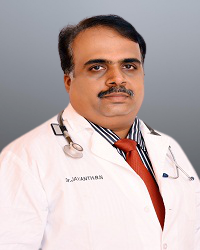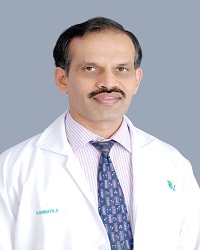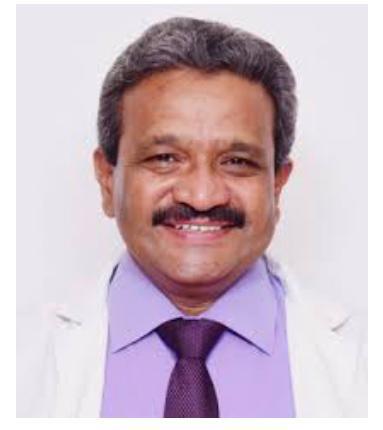Conditions for which a Hernia Surgery is Performed:
The following are some of the conditions that make hernia surgery necessary.
1. Inguinal Hernia: This is a common type of hernia where part of the intestine pushes through a weak spot in the lower belly (inguinal canal). Hernia surgery repairs this weakness and prevents further protrusion.
2. Femoral Hernia: A femoral hernia occurs when fatty tissue or part of your intestine protrudes into your groin or inner thigh. Herniotomy doctors usually recommend surgery as the preferred treatment option to prevent possible complications.
3. Hiatus Hernia: A hiatus hernia happens when part of your stomach pushes up into your chest through an opening in your diaphragm called the hiatus. Laparoscopic hiatus hernia repair doctors can help correct this condition through minimally invasive surgery.
4. Incisional Hernia: This happens due to a weakness in the muscle tissue that was not properly healed after prior surgery. Surgical correction involves repairing the damaged muscle area.
5. Umbilical Hernia: Seen commonly in newborns and women who have had multiple pregnancies, this is a bulge near the belly button where the intestine or fat pushes through a weak spot in the belly. Herniorrhaphy doctors help rectify this.
How is a Hernia Surgery Conducted at Apollo Hospitals in Mysore?
At Apollo Hospitals in Mysore, hernia surgery is conducted by highly trained and proficient hernia repair doctors. The procedure generally involves the following steps:
1. Pre-Surgery Evaluation: This includes a comprehensive examination to assess the patient’s health and suitability for the surgery.
2. Anaesthesia: General anaesthesia is administered to ensure the patient is comfortable and pain-free during the procedure.
3. Incision and Repair: Depending upon the type of hernia and its location, either an open surgery or a laparoscopic surgery is conducted to repair the hernia.
4. Mesh Placement and closing the incision: A piece of synthetic mesh is usually placed over the hernia to reinforce the area and prevent recurrence. The surgeon then closes the incision with stitches, staples, or surgical glue.
5. Post-Operation Observation: Patients are closely monitored until they are ready for discharge after surgery.
How to Choose the Best Specialist for Hernia Surgery in Mysore?
When considering hernia surgery, choosing an experienced and skilled hernia repair doctor with extensive knowledge in this field is crucial. In Mysore, you’ll find accomplished hernioplasty doctors who’ve successfully conducted both open and laparoscopic hernia surgeries in their careers.
Selecting a proficient hernia repair or general surgeon is fundamental to ensuring optimal results from your surgery. Mysore boasts some of the best laparoscopic surgeons who are well-trained in the latest surgical techniques. These surgeons have a track record of positive patient outcomes and are dedicated to patient-centred care.
Why Plan Your Hernia Surgery with Apollo Hospitals?
Apollo Hospitals in Mysore is equipped with state-of-the-art technology for performing hernia surgeries. At Apollo Hospitals in Mysore, our medical professionals are committed to providing comprehensive care.
Our team of experienced hernia repair doctors prioritises patient comfort and safety at each step of your journey towards recovery. Choosing Apollo gives you access to expert medical care that assures effective treatment and a seamless recovery process.
Our team maintains clear pricing transparency and works tirelessly to ensure patient satisfaction. Trust your health with us as we navigate your journey towards wellness.






 Call Now
Call Now





